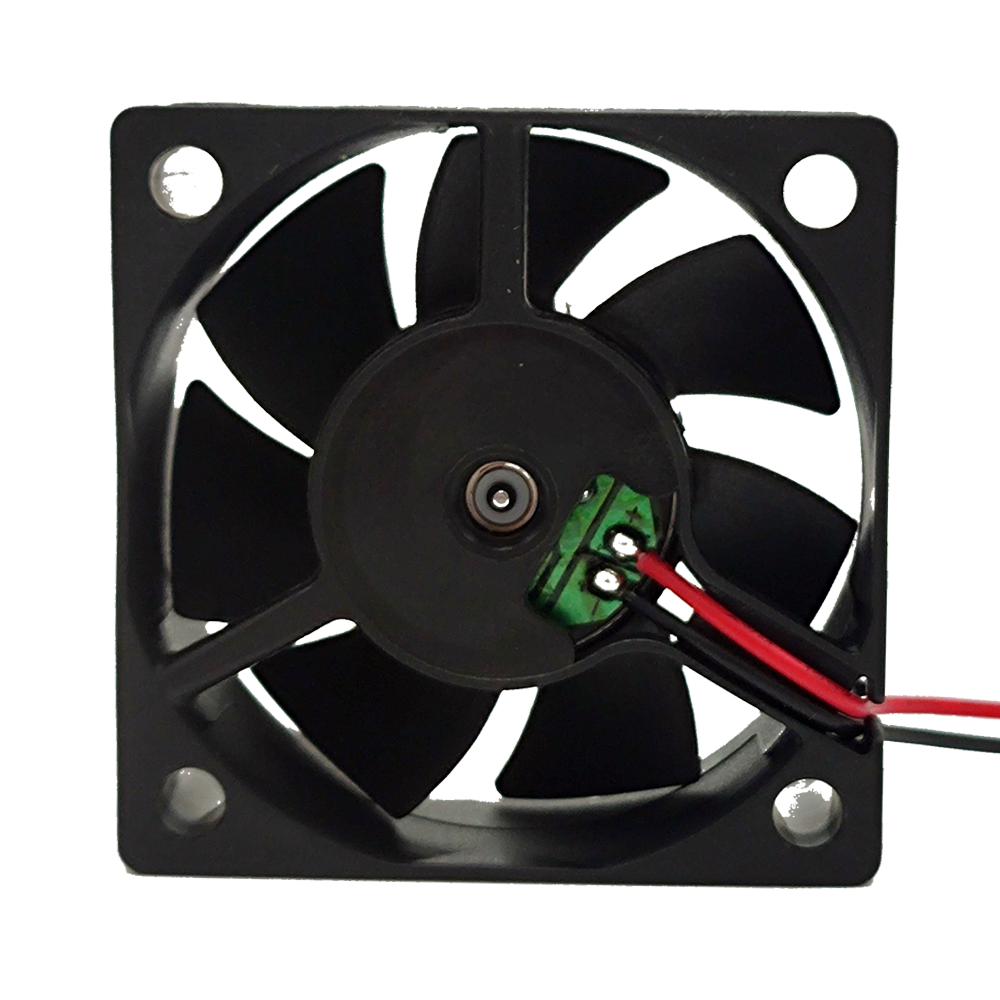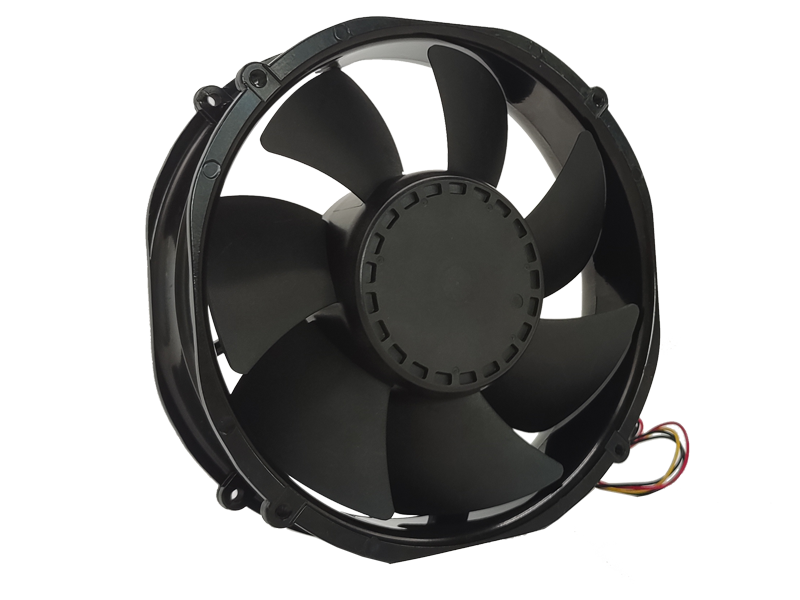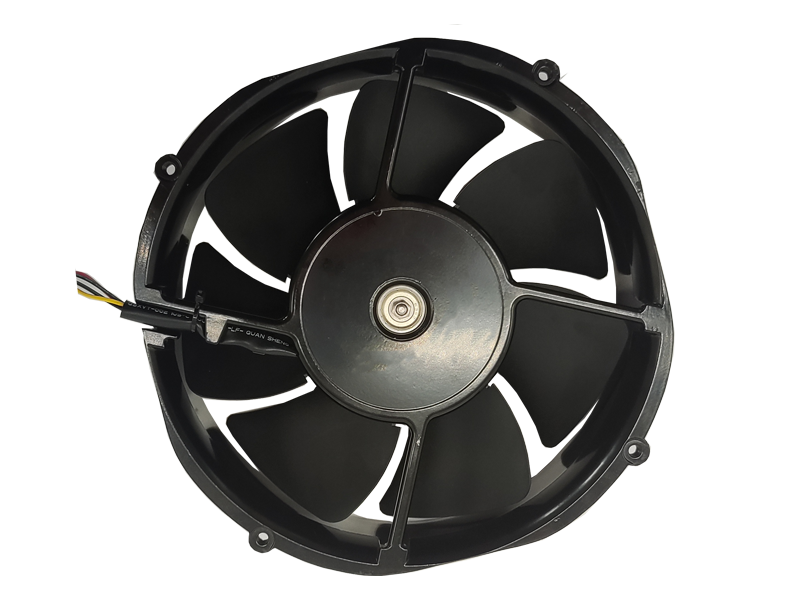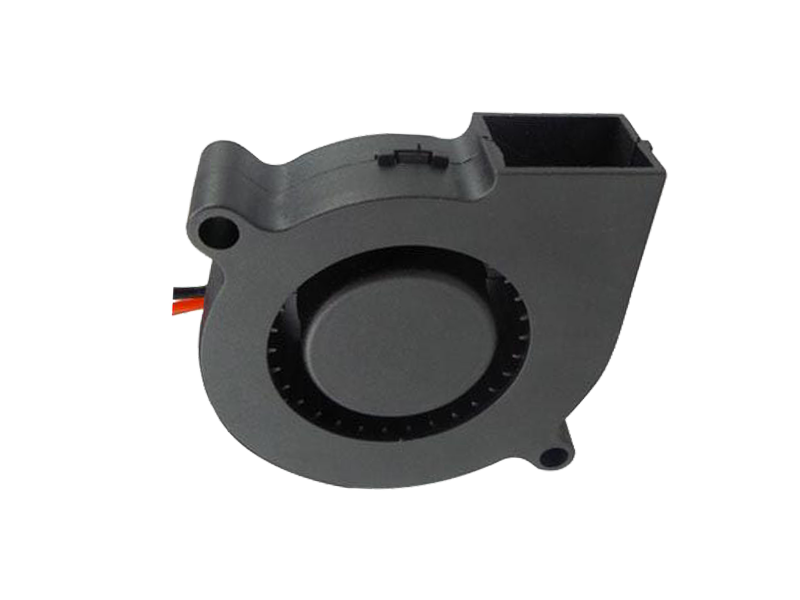Introduction: The Unsung Heroes of Industrial Infrastructure
Industrial fans are the silent workhorses behind the seamless operation of factories, power plants, and mining sites. Unlike their consumer-grade counterparts, these robust machines must endure extreme temperatures, corrosive gases, and relentless vibration. From regulating airflow in steel mills to ventilating underground mines, industrial fans are engineered with precision to deliver reliability in the harshest conditions. This article explores the product design philosophies and technological innovations that define modern industrial fans.
1. Material Science: Building Fans for the Apocalypse
Industrial environments demand materials that surpass ordinary durability. Product engineers prioritize three key attributes:
Corrosion Resistance: Stainless steel alloys (e.g., 316L) and fiber-reinforced plastics (FRP) prevent degradation in chemical plants.
Temperature Endurance: Nickel-based superalloys enable fans to operate in -50°C to 800°C ranges, critical for metallurgical processes.
Vibration Damping: Composite materials with embedded damping layers reduce fatigue in high-speed applications (e.g., centrifugal fans in turbines).
Case Study: A German manufacturer redesigned its axial fans for aluminum smelters using silicon carbide-coated blades, extending service life from 2 years to 8 years despite molten metal exposure.
2. Aerodynamic Mastery: Moving Air Efficiently
Efficiency isn’t just about power—it’s about airflow dynamics. Modern industrial fans leverage computational fluid dynamics (CFD) to optimize:
Blade Geometry: Forward-curved blades for low-pressure HVAC vs. backward-curved blades for high-efficiency material handling.
Tip Clearance Control: Magnetic bearings reduce friction losses by 40% in large centrifugal fans.
Variable Pitch Axial Fans: Adjust blade angles dynamically to match ventilation demands, cutting energy use by 30%.
Technical Insight: The Euler equation (ΔP = ρu²) guides blade design, where pressure rise (ΔP) correlates with blade tip speed (u) and air density (ρ).
3. Motor Innovation: Powering the Workhorses
Industrial fan motors balance torque, efficiency, and explosiveness resistance:
IE5 Ultra-Premium Motors: Achieve 98% efficiency via rare-earth magnets and copper rotor bars.
Explosion-Proof Enclosures: ATEX-certified motors with flame paths and thermal cutoffs for hazardous zones.
Direct Drive Systems: Eliminate belt losses by coupling motors directly to fan impellers, reducing maintenance by 70%.
Data Point: A cement plant in India reduced annual motor replacement costs by $120,000 after switching to IE5 direct-drive fans.
4. Smart Integration: Fans as IoT Nodes
Industry 4.0 has transformed industrial fans into data-generating assets:
Vibration Sensors: Detect imbalance early using AI-powered spectral analysis.
Airflow Analytics: LIDAR-based systems map airflow patterns to optimize positioning.
Predictive Maintenance: Machine learning algorithms predict bearing failures 6 months in advance.
Implementation Example: A pharmaceutical facility cut unplanned downtime by 85% using fans embedded with NB-IoT sensors for real-time health monitoring.

5. Sustainability: Balancing Power and Planet
Industrial fans consume 20% of global industrial electricity. Innovations driving eco-efficiency include:
EC Motors: Electronically commutated motors with 90% efficiency at partial loads.
Heat Recovery Systems: Capture waste heat from fan exhausts for process heating.
Circular Design: Modular components enable 95% material recovery at end-of-life.
Regulatory Impact: EU’s Ecodesign Directive mandates fans achieve ≥72% efficiency by 2025, accelerating adoption of variable-speed drives.
Conclusion: The Future of Industrial Air Movement
Industrial fans are evolving from passive components to active participants in smart manufacturing ecosystems. By marrying advanced materials, aerodynamic precision, and IoT connectivity, modern designs deliver unprecedented reliability while aligning with global sustainability goals. For product managers, the challenge lies in balancing performance, cost, and adaptability to serve industries from renewable energy to aerospace.
Recommended Products

The main purpose:Car charging station

The main purpose:Car charging station

The main purpose:Electronic refrigerators, water dispensers, direct drinking machines, inverter power supplies
Address:No. 4137, Longgang Avenue (Henggang Section), Henggang Community, Henggang Street, Longgang District, Shenzhen
hotline:13530005572(Chen)15112579390(Li)


Welcome all friends to come for consultation and negotiation.
Copyright 2024 @ Shenzhen Youneng Xinyuan Electronics Co., Ltd.,(industrial fans,industrial blowers,axial fans,cooling fans manufacturer,centrifugal fans,ac cooling fans,dc cooling fans)